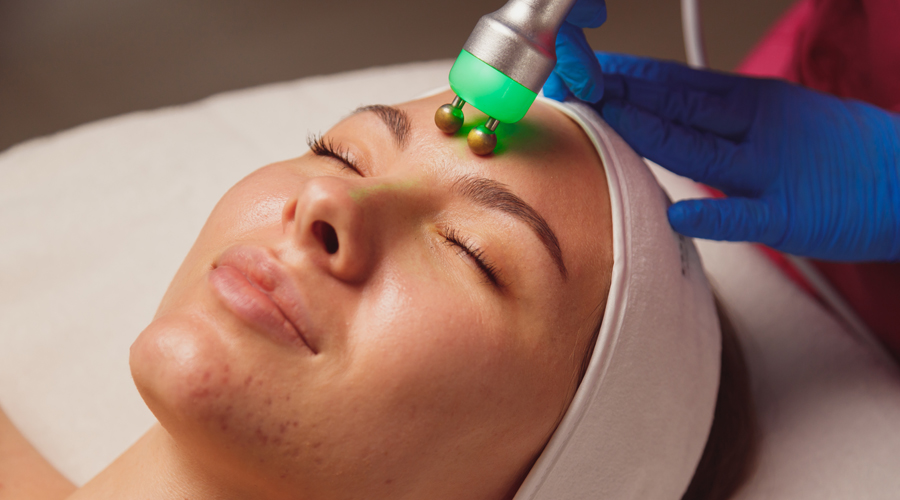
What Causes Acne?
Acne is caused by a combination of factors, including hormones, bacteria, genetics, and the overproduction of oil in the skin. Hormones cause the sebaceous glands to produce more oil, which can clog pores and lead to breakouts. Bacteria, such as Propionibacterium acnes, can also play a role in the development of acne. Genetics can also increase the risk of developing acne, as people with a family history of acne are more likely to experience breakouts. External factors, such as stress, certain medications, and cosmetics, can also contribute to the development of acne.
How Do I Know If I Have Acne–Prone Skin?
If you have frequent breakouts or find that your skin is very oily, you may have acne–prone skin. You may also notice blackheads, whiteheads, and other blemishes on your skin. If you notice these symptoms, it is best to see a dermatologist to determine the best course of action.
4 Tips for Managing Acne–Prone Skin
1. Cleanse your skin twice daily. It is essential to keep your skin clean to prevent dirt, oil, and bacteria buildup. Use a gentle cleanser that is specially formulated for acne-prone skin.
2. Exfoliate your skin weekly. Exfoliation helps to remove dead skin cells and unclog pores.
3. Use oil-free products. Many cosmetics and skin care products contain oil, which can contribute to breakouts. Look for oil-free products when choosing skincare and makeup.
4. Use a topical treatment. Topical treatments, such as benzoyl peroxide or salicylic acid, can help to reduce breakouts. Talk to your dermatologist about which treatment is best for you.





